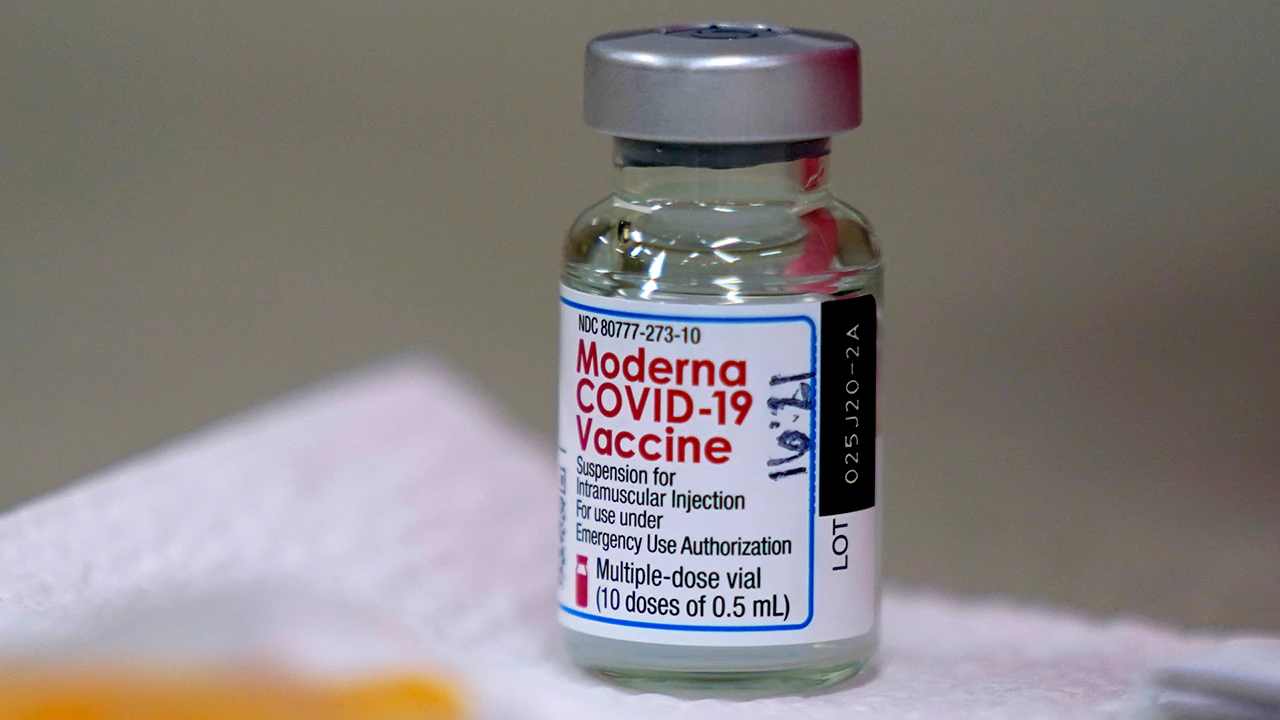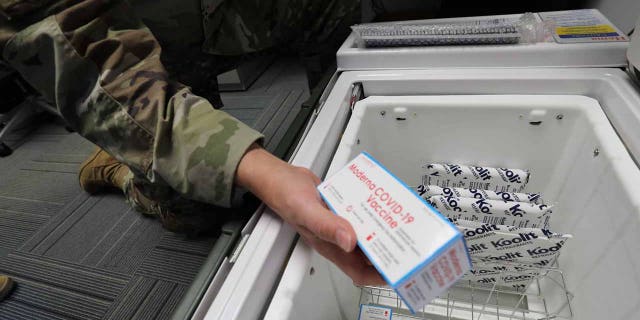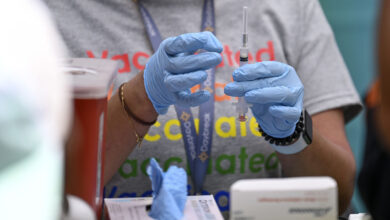Gel packs tied to ‘potentially compromised’ COVID-19 vaccines across states: officials

[ad_1]
Gel packs used for maintaining COVID-19 vaccine temperatures during transport are again in question amid potentially ruined jabs.
As states clamor for more supply, shipments of the Moderna vaccine have arrived at sites at out-of-range temperatures, affecting 4,400 doses in Maine and another 11,900 doses in Michigan earlier this week.
Both instances involve the same distributor — McKesson — and Moderna and federal officials are working on a full analysis on implications for viability of the vaccines, according to Dr. Nirav Shah, director of the Maine Center for Disease Control (CDC).
BIDEN PLAN TO REOPEN SCHOOLS SUBJECT TO POTENTIAL CHANGES IN CORONAVIRUS PANDEMIC, OFFICIAL SAYS

NC National Guard Dec. 30 tweet: “#NCNG received the first allocation of the Moderna COVID-19 vaccine. Our medics will begin providing the voluntary vaccine shots to Guardsmen currently supporting our state’s #COVID19NC response efforts after completing the prescribe vaccine training in the coming week.”
(NC National Guard)
“This phenomenon of some doses arriving out of the temperature range happened not just in Maine, but also in some other states, for example, in Michigan,” Shah said at a virtual briefing Thursday.
Shipments come along with a temperature monitoring device to track temperatures during transport. Shah said the boxes arrived in Maine with a “red X” instead of a “green checkmark.”
McKesson previously told Fox News it learned of the issue on Monday, and pinned the problem among faulty gel packs used to keep the doses cold.
“We also identified the root cause of the issue – some of the gel packs used to maintain appropriate temperatures during shipping were found to be too cold – and have taken steps to prevent this from occurring in the future,” reads an emailed statement from McKesson.
Moderna’s vaccine is stable at minus 20 degrees Celsius, but cannot dip to storage temperatures lower than minus 40 degrees Celsius. Once refrigerated, it can last 30 days at 2 degrees Celsius to 8 degrees Celsius. Vials cannot be refrozen once thawed.
McKesson told the U.S. CDC and Operation Warp Speed that “gel packs were not left out to be thawed to appropriate temperature, but rather were just tossed into the boxes,” according to Shah. “So the operating hypothesis right now is that the temperature exceedance was on the low end, not on the high end,” but until an investigation is complete, officials won’t know for sure, he added.
Replacement doses have already been shipped out to both states, but not without some delays in appointments.
None of the vaccines in question have been administered, Shah said, but instead are being held roped off in frozen storage until scientists greenlight the vaccines as safe and effective for use.
“Being too cold increases the chances that the vaccines that were delivered to Maine, those 4,400 doses can eventually be used,” Shah said. “That’s because vaccines of this sort are generally more stable in cold environments.”
Overall, Maine has administered more than 92,000 doses, and over 17,000 people in the state have already received their second dose.
[ad_2]
Source link






